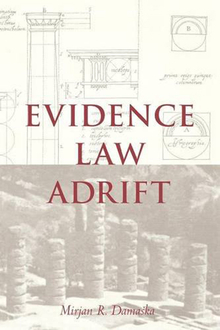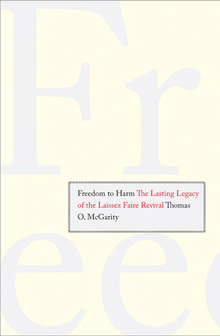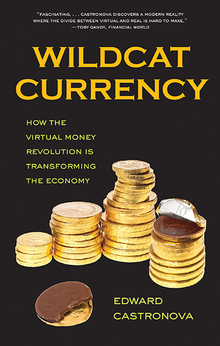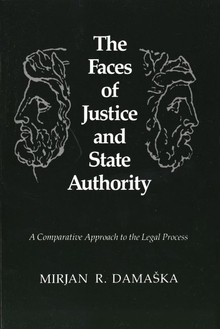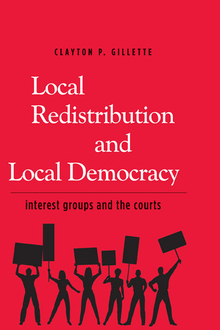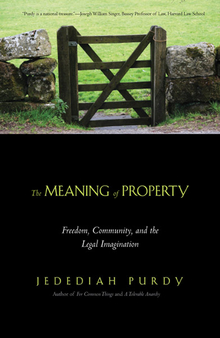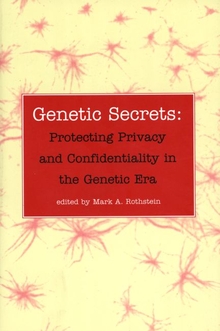Evidence Law Adrift
WARNING
You are viewing an older version of the Yalebooks website. Please visit out new website with more updated information and a better user experience: https://www.yalebooks.com
Mirjan R. Damaska
Damaska describes the impact of the traditional institutional environment on the gathering and handling of evidence in common- law jurisdictions and then explores recent transformations of this environment: trial by jury has dramatically declined, pretrial proceedings have greatly proliferated, the adversary system shows signs of weakening in some types of cases. As a result, many rules and practices supporting the treatment of evidentiary material are in danger of becoming extinct. In addition, says Damaska, the increasing use of scientific methods of inquiry could place further strains on the use of traditional common-law evidence. In the future we should expect greater variety in decisionmaking activity, with factual inquiries tailored to the specific type of proceeding and common-law evidence restricted to a narrow sphere
"By a skillful use of comparative materials, Damaska gives many insights into the forces that have shaped the way evidence is handled in common law and civil law systems."—Arthur T. von Mehren
"A masterly, thought-provoking, and persuasive explanation of the distinctive features of common law evidence and their modern erosion, by the world's leading scholar on comparative common law and civil law evidence. Damaska's constant, balanced comparisons to Continental procedure will give common law readers a fresh and valuable perspective on their system of evidence law. This lucid book will be widely influential. Every evidence scholar should buy it, and I would also recommend it to anyone interested in comparative trial procedure."—Roger C. Park
"Mirjan Damaska's Evidence Law Adrift is a major addition to the literature of explanation and critique. . . . He has written a book that every evidence scholar should read, and that will be helpful to anyone interested in trials and court procedure. . . . He illustrates his points with satisfying concreteness. But most of all, he presents his ideas clearly and effectively, telling a story that holds together in a way that makes it hard to resist."—Michigan Law Review
"In Evidence Law Adrift, Mirjan R. Damaska offers to trial judges valuable insights as to the forces underlying the rules of evidence, and to the academic community a provocative view of where it should be going in its periodic reviews of the rules of evidence."—Avern Cohn, Jurist: The Law Professors' Network
"This book should substantially affect the way we think about legal procedure; it provides powerful tools for the analysis of related tendencies in the state apparatus and in the legal system."—Philip Lewis, Journal of Law and Society
Publication Date: October 8, 2013

